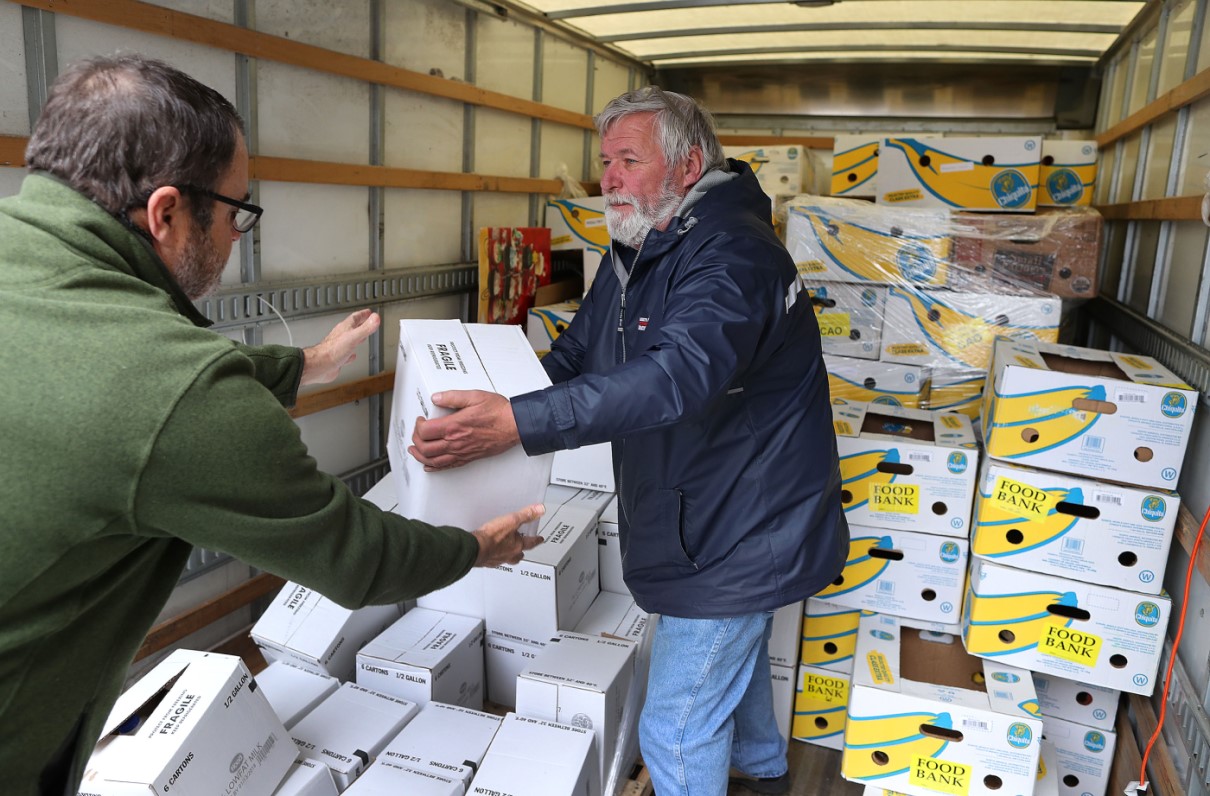According to a new report by the nonpartisan Congressional Budget Office (CBO), the 35-day government shutdown cost the U.S. economy $11 billion -- $3 billion of which will likely never be recovered.
The shutdown, the longest in U.S. history, sent ripples throughout the economy.
The agency revised its outlook on economic projections, saying the level of real gross domestic product in the first quarter of 2019 will be cut by 0.2 percent.
“Among those who experienced the largest and most direct negative effects are federal workers who faced delayed compensation and private-sector entities that lost business,” the report says. “Some of those private-sector entities will never recoup that lost income.”
While federal spending was simply delayed during the shutdown, the effects will have consequences for quite some time. People affected by the shutdown - like all the members of the Coast Guard and the National Oceanic and Atmospheric Administration Commissioned Officer Corps, and members of the commissioned corps of the U.S. Public Health Service serving with unfunded agencies -- may be reluctant to go out or return to their previous spending habits.
There may also be tax implications for federal employees who receive back pay in a lump sum. Some federal employees will have additional taxes withheld when they get paid.
In addition, the report says the shutdown hurt the Internal Revenue Service's ability to enforce compliance with tax, and will likely result in $2 billion in lost revenues. That means Congress will have less money to appropriate on issues important to MOAA members, like improvements to TRICARE or VA benefits.
The reduced revenues may also embolden lawmakers to pursue more draconian measures to cut costs.
Any way you look at it, shutdowns are not good for business.

